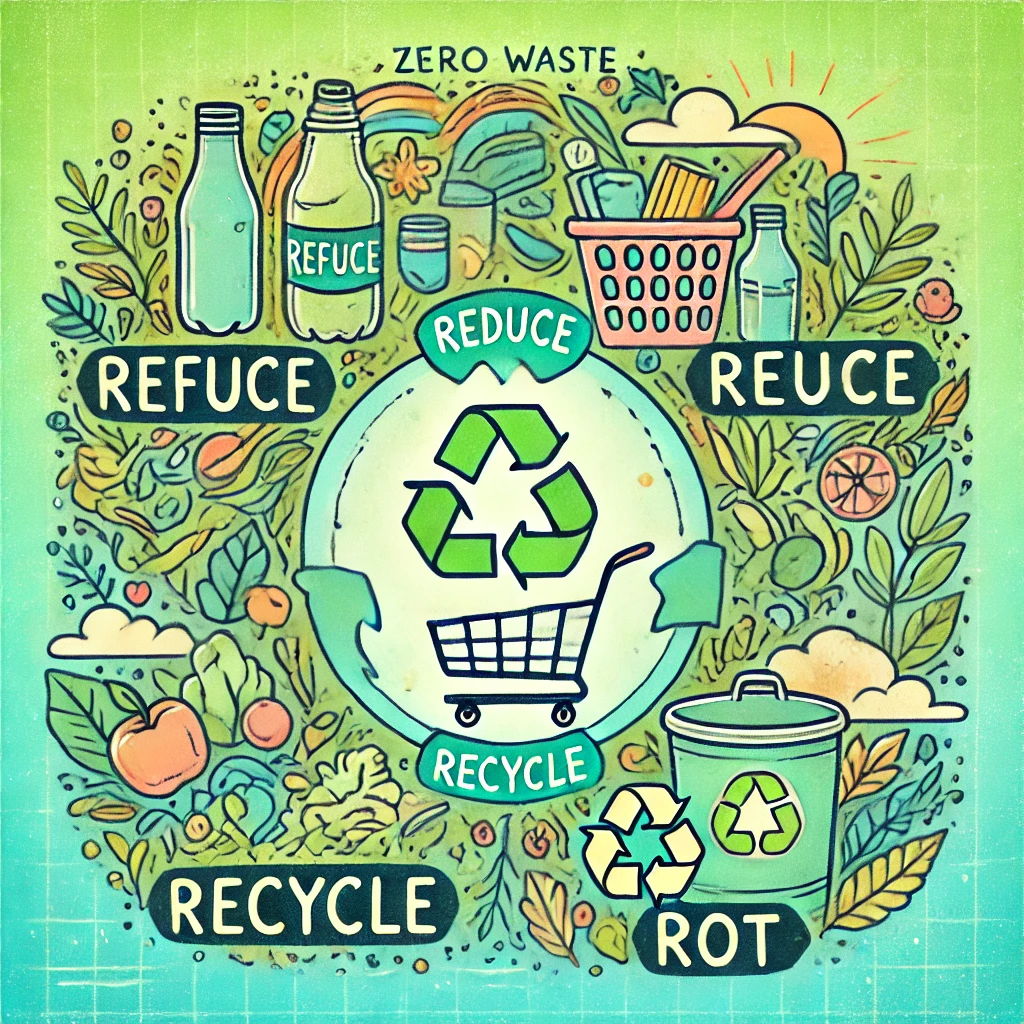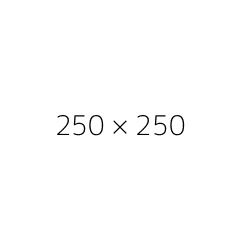
Sustainable Living and Eco-Friendly
How to Lead a Zero Waste Life


DINKAR
11/8/2024
Introduction
Living a zero-waste life is a journey that can lead to a more sustainable, eco-friendly lifestyle. While it might seem challenging at first, incorporating zero-waste principles can be surprisingly rewarding and easier than you might think. This blog will guide you through simple yet impactful steps to help you reduce waste and live more consciously.
Understanding Zero Waste
Zero waste is a lifestyle focused on reducing waste generation by following the "5 R’s": Refuse, Reduce, Reuse, Recycle, and Rot (composting). It goes beyond recycling and emphasizes a holistic approach to consumption and disposal. The goal is to create a closed-loop system where resources are continually reused, minimizing waste that ends up in landfills.
Why Choose a Zero-Waste Lifestyle?
- Environmental Impact: Waste in landfills emits harmful gases like methane, contributing to climate change.
- Health Benefits: Many single-use items contain harmful chemicals that affect both the environment and our health.
- Financial Savings: By reusing and reducing, you’ll save money over time, especially by eliminating the need for many single-use items.
- Contribution to a Sustainable Future: Leading a zero-waste life promotes a more sustainable world for future generations.
How to Start Your Zero-Waste Journey
Starting a zero-waste lifestyle can be done in small, manageable steps. Let’s break down the core practices of the zero-waste philosophy and provide actionable tips for each one.
1. Refuse: Saying No to Unnecessary Waste
Refusing is the first step to reduce waste in your life. By consciously saying "no" to certain products, you prevent waste from accumulating in the first place.
- Avoid Single-Use Plastics: Say no to items like plastic straws, utensils, and bags. Carry reusable alternatives instead.
- Opt-Out of Junk Mail: Register for “Do Not Mail” lists and unsubscribe from unwanted catalogs to reduce paper waste.
- Politely Decline Freebies: Be mindful of accepting promotional items at events that may end up as clutter or waste.
2. Reduce: Mindful Consumption
Reducing involves being intentional about the products you buy. Ask yourself if you really need an item before purchasing.
- Minimize Packaging: Choose items with minimal or biodegradable packaging.
- Declutter and Donate: Clear out items you no longer need and donate or repurpose them to give them new life.
- Buy in Bulk: Buying in bulk reduces packaging waste. Bring your own containers when shopping at bulk stores.
3. Reuse: Finding New Uses for Old Items
Reusing is all about extending the life of products instead of discarding them after one use.
- Reusable Shopping Bags and Containers: Carry a reusable tote and containers for groceries and takeout.
- DIY and Upcycling: Turn old clothing or furniture into something new and functional.
- Second-Hand Shopping: Opt for thrift stores, online marketplaces, or swapping with friends to find pre-loved items.
4. Recycle: Proper Disposal of Waste
Recycling is a vital part of the zero-waste lifestyle, but it should be the last resort after refusing, reducing, and reusing.
- Know Your Local Recycling Rules: Familiarize yourself with your local recycling guidelines to ensure you’re disposing of items correctly.
- Recycle Electronics: Find e-waste recycling programs in your area to recycle old electronics responsibly.
- Choose Recyclable Materials: When buying products, look for items made from recyclable materials like glass, aluminum, and certain plastics.
5. Rot: Embrace Composting
Composting, or “rot,” is an excellent way to turn food scraps and organic waste into nutrient-rich soil.
- Start a Compost Bin: You can start a compost bin in your backyard or even indoors if you have limited space.
- Understand What’s Compostable: Compostable items include fruit and vegetable peels, coffee grounds, eggshells, and yard waste. Avoid composting meat, dairy, and oily foods.
- Use Finished Compost: Once your compost is ready, use it in your garden or houseplants to nourish the soil.
Practical Tips for Zero-Waste Living in Everyday Life
In the Kitchen
- Bulk and Fresh Foods: Buy bulk items and fresh produce to avoid excess packaging.
- Glass and Stainless Steel Containers: Store food in glass jars or stainless steel containers instead of plastic.
- Reusable Dishcloths and Towels: Swap disposable paper towels for washable cloths to cut down on paper waste.
In the Bathroom
- Solid Shampoo and Soap Bars: Choose bars over bottled products to avoid plastic.
- Natural Toothbrushes and Toothpaste: Switch to biodegradable toothbrushes and consider homemade or natural toothpaste.
- Reusable Cotton Pads: Use reusable cotton pads for makeup removal instead of single-use wipes.
On the Go
- Carry a Reusable Kit: A reusable kit with a water bottle, cutlery, straw, and tote bag is ideal for avoiding single-use items while out and about.
- Say No to Plastic Bottles and Cups: Bring your own cup for coffee runs and your water bottle to reduce waste.
- Support Zero-Waste Cafés and Stores: Seek out businesses that share your values, such as zero-waste stores that sell items without packaging.
Dealing with Challenges in Zero-Waste Living
The zero-waste lifestyle is a gradual process, and challenges are normal. Here’s how to overcome some common hurdles:
- Perceived Inconvenience: Prep ahead, like keeping a reusable kit with you, so you’re always ready to avoid waste.
- Finding Zero-Waste Products: Some items may take time to switch. Prioritize items that will make the biggest impact first.
- Maintaining Consistency: Don’t aim for perfection. Progress is more sustainable when you’re patient and flexible.
Embracing a Mindset Shift
Living a zero-waste life is more than just actions; it’s about adopting a mindset shift. Think of it as a long-term investment in yourself and the planet. By approaching each purchase, action, and decision with intention, you contribute to a healthier, greener world.
Conclusion
A zero-waste lifestyle is about making choices that reduce environmental impact, conserve resources, and promote sustainability. Each step—whether it’s refusing single-use plastic, composting food scraps, or switching to reusable items—counts toward a greener future. The journey is not about perfection but progress, and each choice you make brings you closer to living a more mindful, waste-free life.